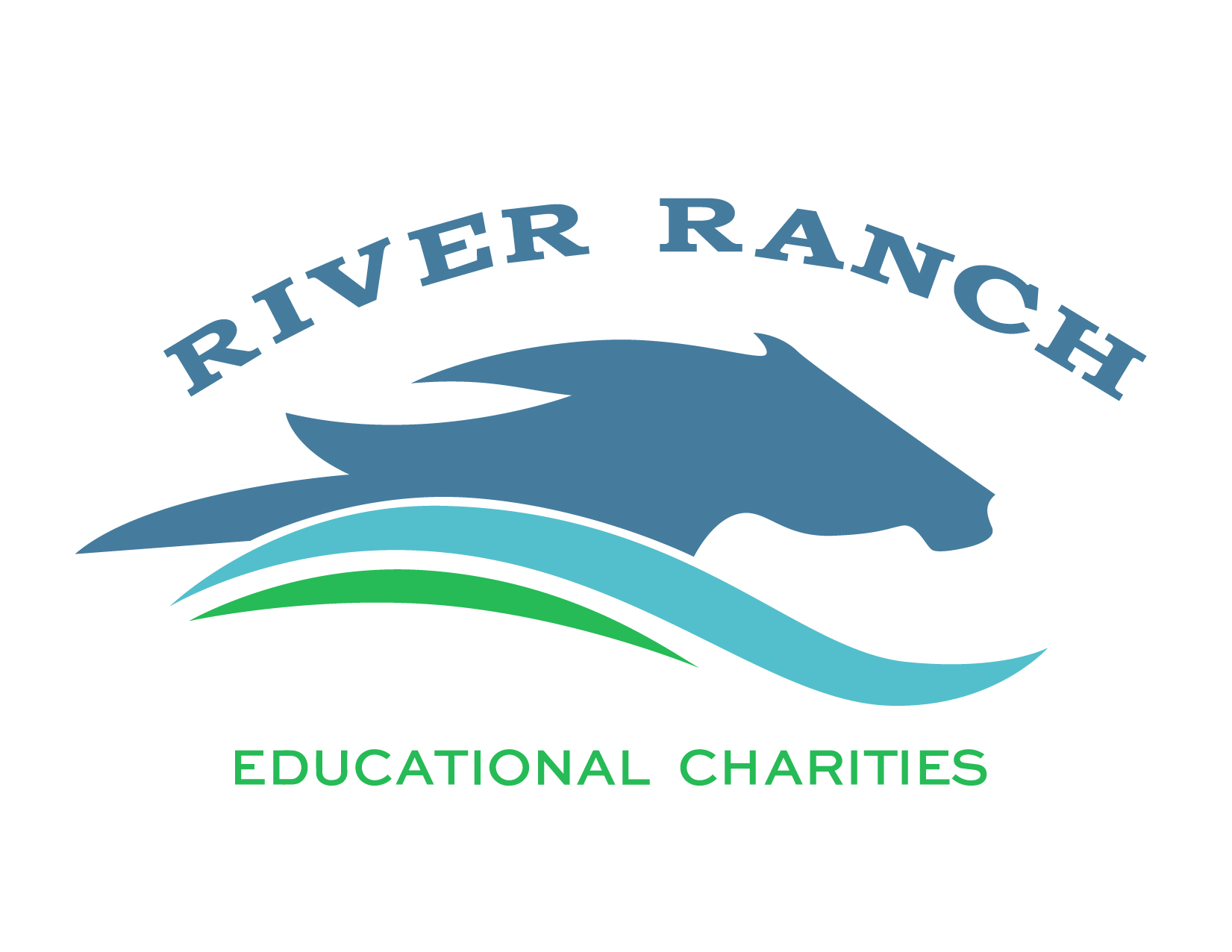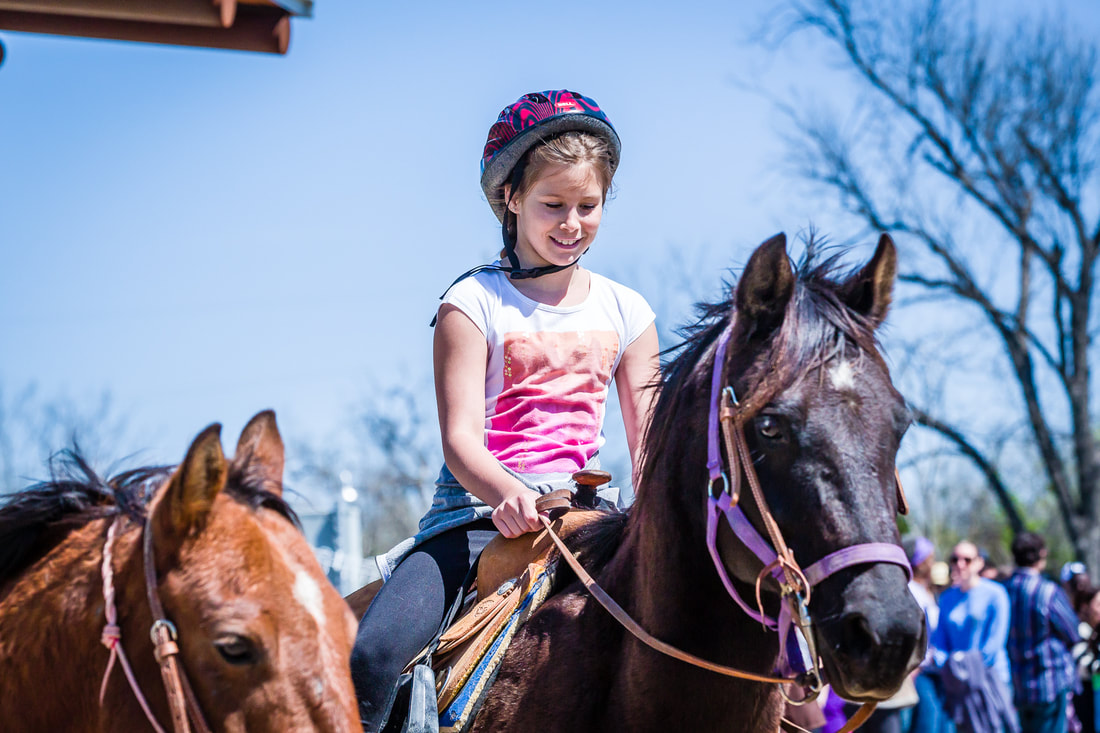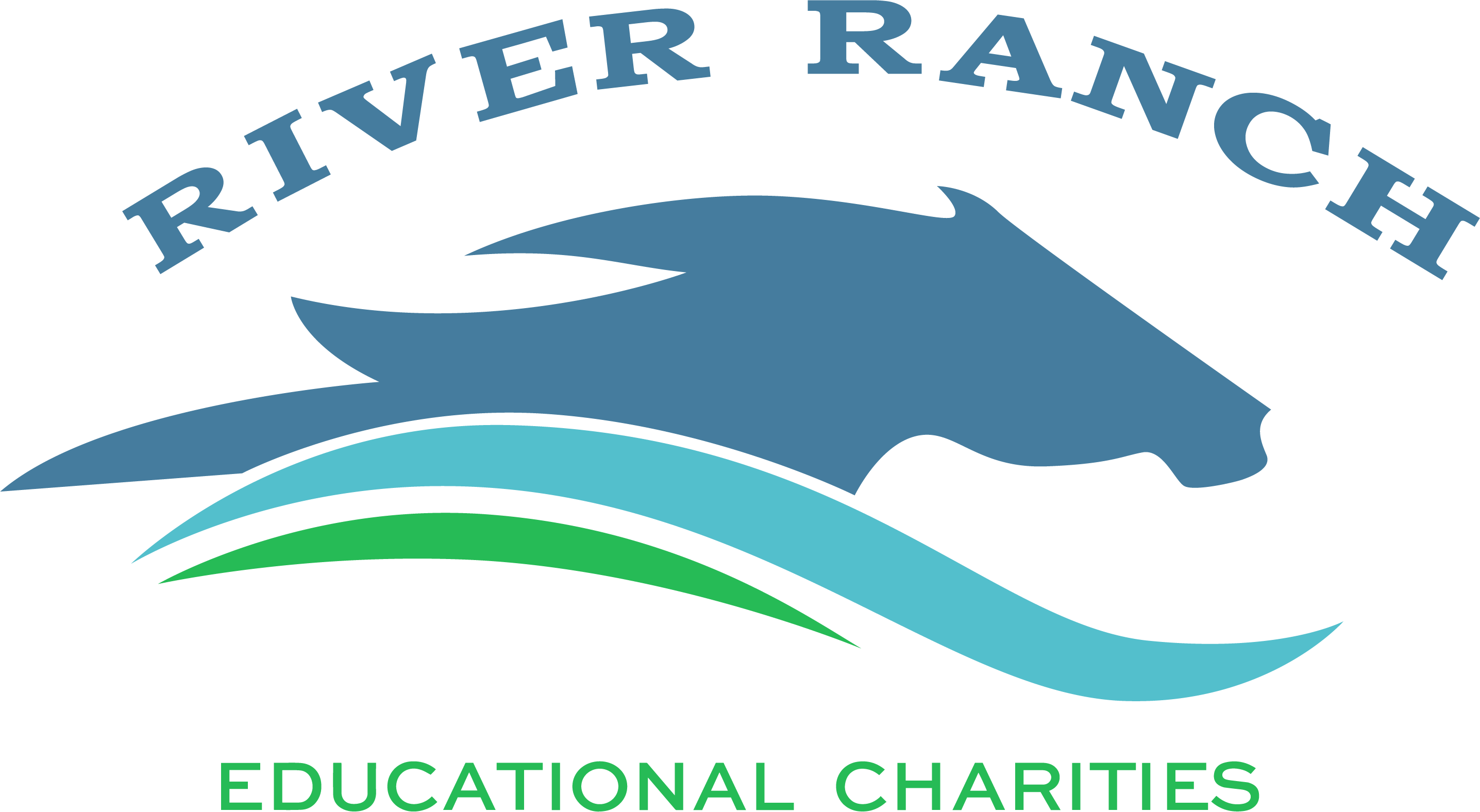Learning horsemanship is one of the best educations you could get. Not only do you get to bond with an animal ten times your size, but you also learn about care taking, proper nutrition, how to respectfully interact with animals, athleticism, and so much more. Horsemanship can be much more than just competitions and trail rides though, the lessons will be life long and for some, life changing. Having a horsemanship program at your school is one of the greatest assets you could be provided, but if you don’t attend one of those lucky few schools, there are plenty of other options as well.
What is a Horsemanship Program?
Horsemanship programs can entail all kinds of different lessons. Some may primarily focus on competitions or teaching children to ride while others specialize in physical therapy or rehabilitation. When involved with schools, most horsemanship programs are about learning to ride and take care of a horse properly with weekly or even daily lessons.
There’s a lot more that goes into horsemanship than one might initially think. It’s a lot more than just learning how to ride a horse properly, you also must learn about the equipment being used, how to properly groom a horse to prevent injuries, basic equine first aid, and even how to properly muck out a stall. It’s not always pretty or exciting, but a horsemanship education is well rounded to say the least.
Horsemanship Programs in Schools
If you are lucky enough to attend a school with a horsemanship program, there’s a few different types you may encounter. One of the most common horsemanship programs attached to schools is actually found in boarding or other private schools, it’s pretty rare to find one of these programs in a public school.
There’s a variety of activities for these horsemanship programs, some will even allow you to bring your own horse to board while in attendance. Otherwise, they’ll have plenty of horses for all experience levels that you can learn to ride. Lessons include everything from proper grooming to dressage and everything in between. Most horsemanship programs in schools teach English styles of riding, but some do accommodate Western riding or a mixture of both styles.
Horsemanship Programs in Colleges
When one thinks of majoring in Equine Studies or a related field, we often forget the fact that horses are likely involved in the school’s education. Some colleges will have a partnership with a local ranch or equine center for their students, but many colleges that offer this degree have their horsemanship programs right on campus. Similarly to boarding schools, if you pick the right college you can often bring your own horse for an additional fee, otherwise they’ll have a wide array of options for you to choose from.
Unlike boarding or other private schools with horsemanship programs, most college degree programs regarding equine studies will cover all disciplines of horseback riding as well as the fundamentals of training them, more in depth veterinary care, different horse breeds, and often how to run a horse related business. These degree programs set their students up for success in the horsemanship world by ensuring they are not only well educated on horse care and anatomy, but on a wide variety of disciplines related to horses so their options are limitless.
College horsemanship programs provide an important balance between hands-on learning and classroom education. It’s important to learn the fundamentals of horses and their needs, but doing it yourself is often more beneficial than just taking notes in a classroom.
Horsemanship Programs Outside of Schools
If you are not one of the lucky few students who gets to attend a school with a horsemanship program, there are still plenty of opportunities for some hands-on learning with horses. There are thousands of horse ranches, equine centers, and horsemanship schools for you to learn all about horses and how to properly care for them.
You don’t necessarily need to go to a fancy school for this type of education, and you’ll still learn everything you need to know. It’s also worth noting that many horsemanship programs in schools can be quite rigorous to get into, and then even more competitive to join their competition team. Programs outside of schools tend to be a little more accepting of beginners.
Many horsemanship programs outside of schools offer programs like equine therapy for individuals with disabilities or who are recovering and in need of rehabilitation. Horses can be quite healing on their own, but learning to ride one provides physical therapy when needed and teaches proper posture, hand-eye coordination, and much more.
If you attend a horsemanship program outside of schools, you don’t have to miss out on competitions, either. If you’re looking to compete, there is no shortage of equine centers that would love for you to join their team. They’ll still teach you all the fundamentals of horse care and riding that you need to know, but they’ll also provide you with the opportunity to show off your skills.
Finally, horsemanship programs outside of school will likely be able to accommodate a wide array of schedules, ages, and abilities. They will offer evening and weekend lessons for all ages and skill levels. No one said it’s ever too late to learn how to ride a horse, if you missed the opportunity of attending a school with a horsemanship program, there’s still plenty of opportunities to make your horse riding dreams come true.


